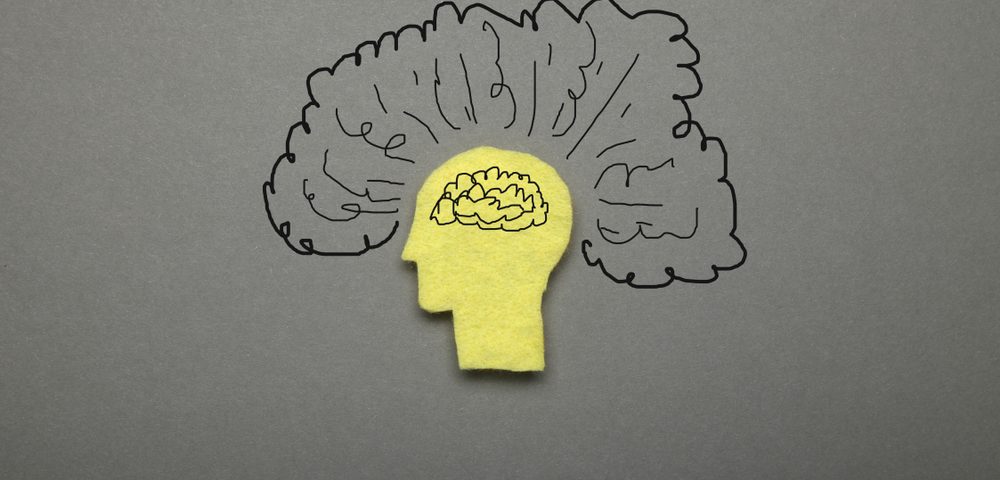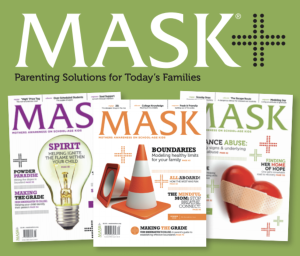
Teaching Refusal Skills For Elementary Age Kids
March 9, 2021
Be Silly
March 11, 2021
CDC data shows mood disorders, anxiety and depression, in children and adults steadily increasing over the past two decades. In fact, deaths of despair (suicide, overdose, and alcohol related deaths) triggered several years of declining life expectancy in the U.S. before the pandemic. No doubt the pandemic, economic fallout, social upheaval and bitter political animus added gasoline to the fire. In fact, I would be concerned about the mental health of anyone who saw any of the terrifying images we have witnessed in the past year who did NOT feel anxious.
At its core, anxiety is simply thoughts – perceptions about something that occurred in the past or worry about what might occur in the future. Distorted perceptions and magnified fears result in a runaway train of anxiety.
Some simple strategies parents can deploy to help an anxious child:
- Normalize negative feelings – it is OK to feel afraid, sad, lonely, or angry at times. Control is an illusion, but we can control our response to negative feelings or circumstances.
- Look in the mirror at your own perceptions and coping strategies. For better or for worse, we don’t just pass along genes to our kids, we pass along habits.
- Listen mindfully without trying to fix. Ask open questions like: What worries you? Why is that? Is there another possibility? How would it feel if that were not true? What do you think might fix that. What’s your favorite thing that helps you feel calm or happy?
- Assure sufficient sleep, ideally in a media-free room. Insufficient or disrupted sleep magnifies all mood disorders.
- Provide healthy nutritious diet, free of foods that aggravate mood disorders (refined carbs, sugary drinks, processed foods, and anxiety-triggering caffeine, aspartame and glutamate)
- Learn simple breathing strategies like 4-7-8 breathing (in through the nose for 4, hold for 7, out for 8) that can quickly activate the calming nervous system. Or practice meditation, mindfulness, or restorative exercise like yoga as a family.
We earn resilience by working through difficulty. In the midst of the pandemic, one of my colleagues said, “I’m glad my kids are dealing with hardship, it’s good for them.” In The Social Dilemma on Netflix, design ethicist Tristan Harris noted, “We’re training and conditioning a whole new generation of people that when we are uncomfortable or lonely or uncertain or afraid we have a digital pacifier for ourselves that is kind of atrophying our own ability to deal with that.” Adults are equally vulnerable to the insidious lure of social media manipulation and often turn to alcohol or drugs to cope with negative feelings. Numbing bad thoughts numbs joy too.
Parents should seek help with their children’s, or their own, fears and worries begin to interfere with function at home, school, or relationships. Are they persistently fearful of separation? Do they exhibit extreme fears of specific things or situations (phobias) or exhibit panic attacks? Are they afraid to go to school or other social situations? Do they tend to catastrophize or constantly ruminate that something terrible that will happen? Are they constantly irritable or angry? Do they often complain of vague physical ailments like headaches or stomach aches?
Fortunately there are many effective strategies, including cognitive behavioral therapy, nutritional strategies, art/music/dance, meditation/mindfulness/tools that activate our calming nervous system, and medications that can help us tame runaway anxiety.
Susan Wilder, M.D.
LifeScape Premier
LifeScape Medical Associates
MASK the Parenting Magazine a quarterly publication providing solutions for Today’s Families.
The parenting manual offering solutions to the modern-day challenges families face. From Pre-K
through College stay up to date on the modern day issues families face.
Are you up to date on the issues your child is facing?
MASK Mothers Awareness on School-age Kids offers parenting solutions for today’s families. MASK tackles important topics – from drugs and alcohol to bullying and Internet safety -and gives students, parents and the community the knowledge and tools to manage these potential challenges.
Subscribe today! https://www.tools4teaching.com/product/mask-the-magazine/
Download and share the MASKmatters app now! Made for children, parents, teachers and in Spanish.
Have solutions at your fingertips
Available free on apple and google play links below
Apple https://apps.apple.com/us/app/maskmatters/id1482305692
Google Play
https://play.google.com/store/apps/details?id=com.maskmatters.maskmattersapp&hl=en_US&gl=US




